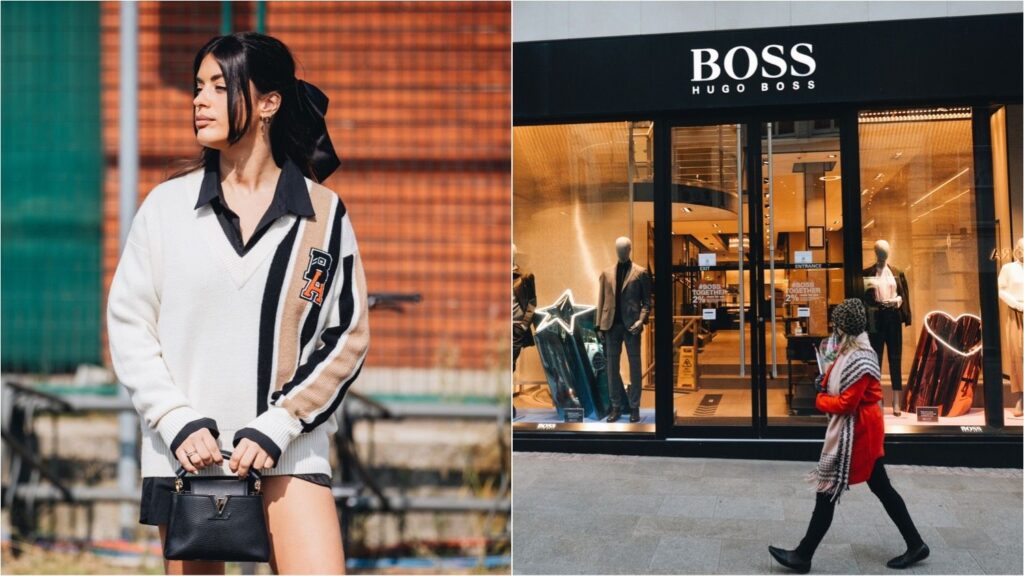Hugo Boss just promised to ditch mulesing-linked wool for more ethical suppliers by the end of the decade.
Animal welfare organization Four Paws International made the announcement, and will be working with the luxury fashion brand to become verified mulesing-free in the coming years.
“Hugo Boss has been one of our most vocal and active supporters of mulesing-free wool for a number of years, and now they will put their words into practice,” says Rebecca Picallo Gil, Campaign Manager for Wool at FOUR PAWS.
Hugo Boss promises to use more ethical wool
According to the release, Hugo Boss plans to exclusively source mulesing-free wool for its pure wool suits from 2025 with a view to using mulesing-free wool company-wide by 2030.
“Together we have also been able to improve the brand’s animal welfare policies overall,” added Picallo Gil. “The basis for discussion has always been respectful, constructive and most importantly collaborative.”
While the company’s decision has been widely welcomed as a step in the right direction, a 2030 deadline gives Hugo Boss the best part of a decade to continue profiting from animal cruelty.
Mulesing is a bloody and widely criticized practice involving the painful removal of skin from the backend of a sheep. This is done in an attempt to prevent “flystrike,” the accumulation of bacteria, flies, and maggots in the wrinkled skin popular for its wool-bearing capacity.
It’s also important to note that mulesing is a deeply ineffective replacement for skilled animal husbandry, and the wounds it causes make sheep even more vulnerable to infection, flystrike, and the other risks that come with performing frequently unanesthetized surgery.
Fashion favors ethical producers
According to Four Paws, over 75 percent of wool exports come from Australia, the last remaining country still practising mulesing. (As does up to 90 percent of merino wool, a particularly soft and breathable variety popular with Hugo Boss and its luxury competitors.)
Various other companies, including Calvin Klein, H&M, Perry Ellis, Adidas, Patagonia, and Kathmandu have all already made similar mulesing-free pledges. And back in 2018, New Zealand became the first major wool-producing country to ban the practice entirely. Even in Australia, more producers are looking to transition away from mulesing.
However, at the moment just 14 percent of Australia’s yearly 345 million kilogram wool production is mulesing-free. That leaves 86 percent of the approximately 68 million sheep raised nationwide—about 58.5 million individual animals—to experience mulesing during their lives.
Consumers are increasingly searching for ethical clothing options, and brands, for the most part, are adapting to match changing public opinions. Armani recently announced a company-wide ban on angora wool, while Louis Vuitton launched sustainable, leather-free sneakers.
Even ELLE is distancing itself from fur. The popular fashion magazine’s international director Valeria Bessolo Llopiz stated that fur is no longer in line with its readers’ values. Instead, ELLE will favor a more “humane fashion industry.”


